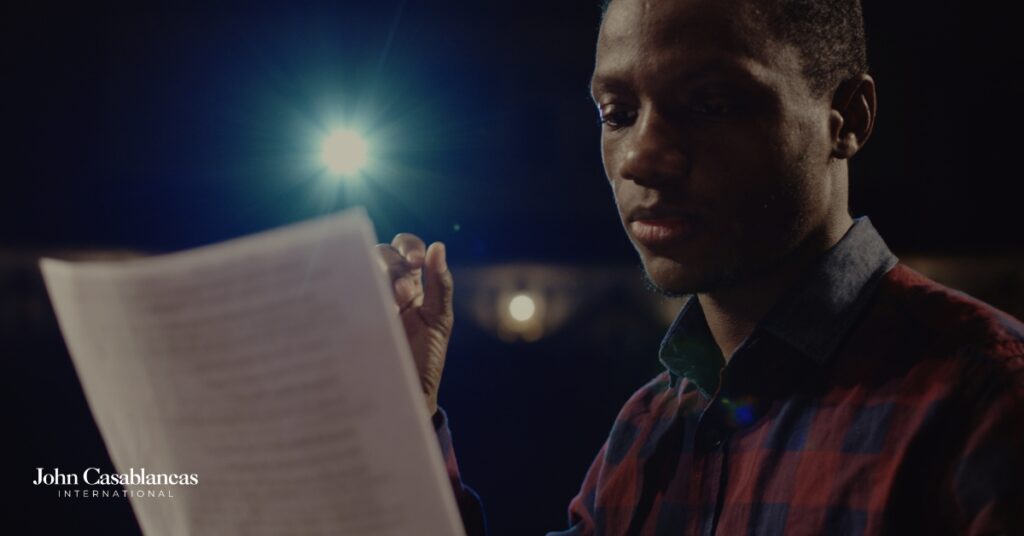
For actors, a monologue is more than just a speech; it’s a crucible, a spotlight moment where the character’s innermost world bursts forth, demanding full command of voice, emotion, and stage presence. These singular moments, often delivered directly to the audience or as profound self-reflection, are the very bedrock of dramatic performance, offering actors an unparalleled opportunity to delve into the human psyche and leave an indelible mark on the audience.
From the classical stages of ancient Greece and Shakespearean England to the intimate black box theatres of today, memorable monologues transcend time and genre, becoming touchstones in the dramatic canon. They are pivotal moments where the narrative might pause, but the character’s journey accelerates, revealing motivations, wrestling with dilemmas, or articulating epiphanies that reshape our understanding of the play itself.
What Forges a Truly Memorable Monologue?
Not every speech becomes iconic; truly memorable monologues possess profound depth. They are raw expressions of human emotion, plunging into grief, hope, or dread, allowing actors to showcase vast ranges. Crucially, a powerful monologue is an action, driven by a character’s clear objective – to persuade, confess, or understand.
It often serves as a mini-narrative, revealing secrets and captivating audiences. Master playwrights craft exquisite language, employing vivid imagery and rhythmic prose. While circumstances vary, universal human emotions like fear, love, or loss ensure relatability. Finally, a great monologue is dynamic, evolving through an inherent dramatic arc, offering actors rich internal journeys to explore.
Iconic Monologues Through the Ages
Classical Giants
Classical monologues, particularly from the works of William Shakespeare and Greek tragedians, are often characterized by their elevated language, verse structure, and profound philosophical themes.
Perhaps the most famous monologue in the English language, Hamlet’s “To be or not to be” from Hamlet by William Shakespeare, sees Prince Hamlet grappling with the fundamental question of existence versus non-existence, life versus the unknown of death. It’s a profound exploration of despair, fear, and the paralyzing effect of indecision, making it a staple for actors tackling complex psychological depth. Its enduring power lies in its universal contemplation of suffering and mortality.
Another is Marc Antony’s “Friends, Romans, countrymen” from Julius Caesar by William Shakespeare. This is a masterclass in rhetorical manipulation. Antony, seemingly eulogizing Caesar, subtly turns the Roman populace against Brutus and the conspirators. His genius lies in feigning humility while masterfully inciting vengeance, demonstrating the potent power of language to sway public opinion. For an actor, it’s a study in strategic delivery and controlled escalation.
Lady Macbeth’s “Unsex me here” from Macbeth by William Shakespeare is a chilling invocation where Lady Macbeth calls upon dark spirits to strip her of her feminine compassion, preparing herself for regicide. It’s a fierce declaration of ambition and a terrifying descent into moral depravity, requiring an actor to embody formidable, almost supernatural, resolve.
Contemporary Voices
Modern playwrights often employ more naturalistic language, allowing for a different kind of intensity – one rooted in psychological realism and social commentary.
Irina’s monologue from Three Sisters by Anton Chekhov is a poignant speech that reflects Irina’s yearning for a life of purpose and meaningful work in a world steeped in ennui. It beautifully captures the universal human desire for significance and the struggle against idleness, resonating with anyone who has felt lost or unfulfilled. An actor exploring this must convey a delicate balance of hope and despair.
Blanche DuBois’ “I have always depended on the kindness of strangers” from A Streetcar Named Desire by Tennessee Williams, delivered at her most vulnerable, is a line that encapsulates Blanche’s tragic flaw and desperate need for illusion and protection. It’s a heartbreaking descent into madness, requiring an actor to embody fragility, fading gentility, and profound delusion.
Ken’s monologue from Red by John Logan, from the compelling play about artist Mark Rothko, where his assistant Ken delivers a powerful speech that challenges Rothko’s ego and artistic dogma. It’s a monologue about artistic integrity, the apprentice’s ambition, and the struggle to find one’s own voice amidst the shadow of a master. It demands passion, frustration, and a burgeoning sense of self-worth from the actor.
Harper Pitt’s monologues from Angels in America by Tony Kushner are yet another. Harper’s speeches often drift into hallucinatory realities, revealing her profound isolation, anxiety, and the breakdown of her marriage. They are complex, poetic, and demand an actor to navigate multiple layers of consciousness and emotional pain.
Finally, Rose Maxson’s monologue from Fences by August Wilson. Rose confronts her husband Troy’s infidelity with a searing monologue that articulates her long-suppressed pain, sacrifice, and the unfair burden placed upon Black women. It’s a raw outpouring of betrayal and a powerful assertion of her own worth, demanding immense emotional fortitude from the actor.
Elevate Your Craft
Mastering compelling monologues is crucial for any actor’s journey. These powerful moments demand dedication, skill, and guidance. At John Casablancas International, we understand the nuances of bringing characters to life.
With expert training and unparalleled industry connections, we equip aspiring and established actors with the tools to command the stage, truly embody memorable monologues from plays, and launch successful careers. Let us help you transform your potential into unforgettable performances and open doors to the acting world.